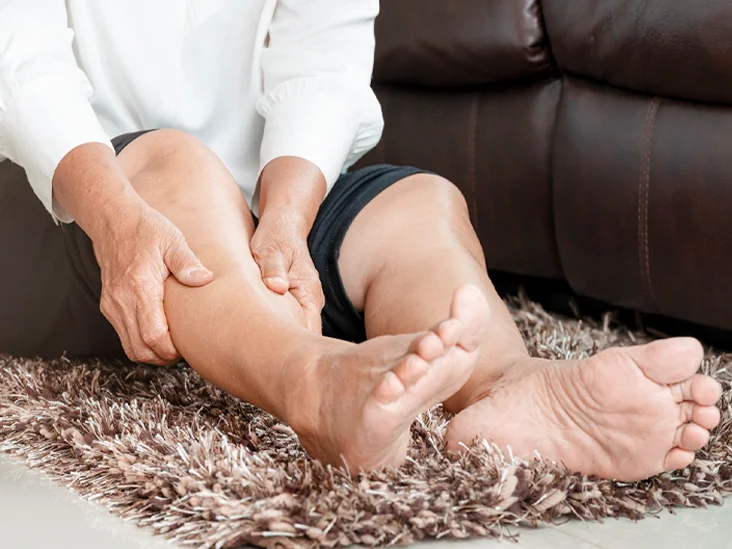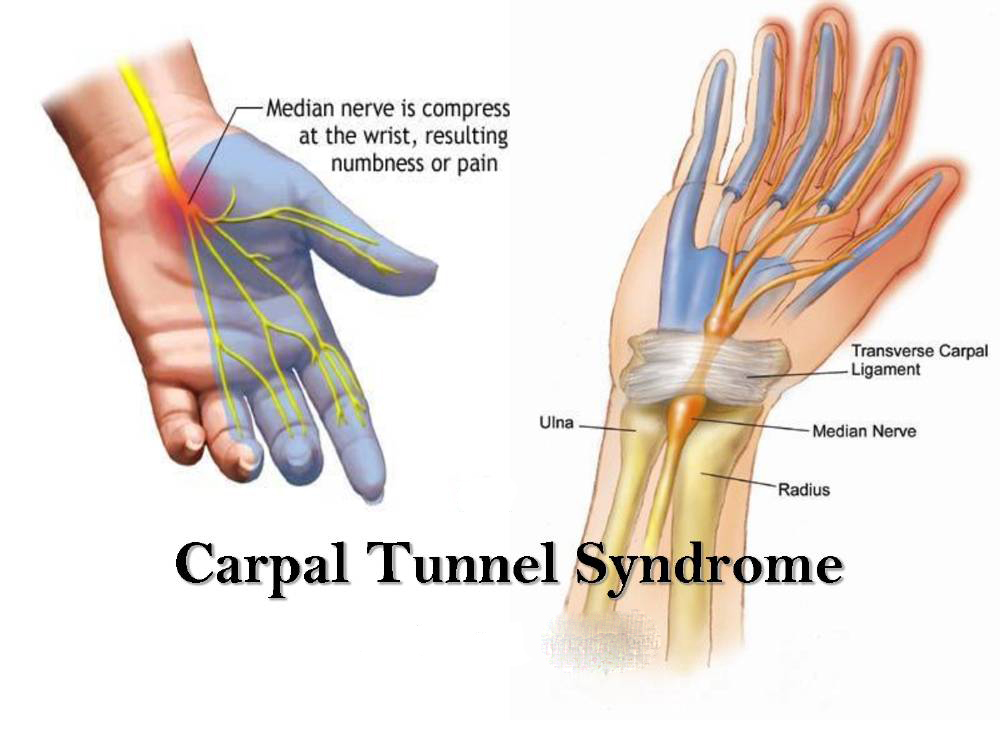How to Manage Neuropathy Pain Without Relying on Medication
Living with neuropathy can be a real pain – literally. The numbness, tingling, and outright pain can be truly unbearable. What’s worse is that most people think that the only solution to neuropathy is medication, often coming with a host of unpleasant side effects. Well, guess what? That’s not the only way to manage neuropathy pain. There are natural, holistic approaches that have been proven effective in managing neuropathy pain without the need for heavy medications. So, let’s dive into it.

Content
Understanding Neuropathy
Neuropathy is a condition resulting from damage to the nerves outside of the brain and spinal cord, typically causing weakness, numbness, and pain. It’s often in your hands and feet, but other parts of your body can be affected too. It’s a side effect of other illnesses, not a standalone illness. As many people living with neuropathy know, it can be quite an ordeal.
But, here’s the good news: neuropathy can be managed effectively, and sometimes even reversed, without resorting to piles of medication. In fact, Jodi Knapp, an acclaimed health researcher and practitioner, has put together a comprehensive guide addressing this very issue in her book, Neuropathy No More.
Embrace a Holistic Approach to Manage Neuropathy Pain
Before we dig deeper into the specifics of managing neuropathy pain naturally, it’s important to remember the broader perspective. You see, when you’re dealing with something like neuropathy, it’s easy to get caught up in the physical sensations and symptoms. However, it’s crucial to remember that you’re not just a body; you’re a mind and a spirit, too. Every aspect of you is interrelated and influences every other aspect. That’s why taking a holistic approach, one that takes into account your physical, mental, and emotional health, can be a game-changer when it comes to managing neuropathy pain.
Diet and Lifestyle Changes
One of the first places to start when it comes to managing neuropathy without medication is with your diet and lifestyle. Cutting out processed foods and incorporating more fresh fruits, vegetables, lean proteins, and whole grains can make a significant difference. Exercise is another vital component, even if it’s just a gentle walk around the block each day.
Natural Pain Management Techniques
There are also a variety of natural pain management techniques that can help to ease neuropathy pain. These can include things like acupuncture, massage, and even certain types of yoga or meditation.
Knowledge is Power
One of the biggest weapons in your fight against neuropathy is knowledge. The more you understand your condition, the better equipped you will be to manage it. Jodi Knapp’s guide, which I mentioned earlier, is a fantastic resource in this regard.
However, in addition to books and resources like Jodi’s, you should also seek to stay abreast of the latest research and developments in the field of neuropathy. Regularly reading articles, like this one about men’s health, can keep you informed about new advancements and findings that could be beneficial to you.
Finally, one of the most powerful ways to manage neuropathy pain naturally is through a positive mindset and self-care. It’s easy to forget about this aspect of health, especially when you’re in pain, but it’s incredibly important. From simple things like taking time each day to relax and do something you enjoy, to more involved methods like cognitive-behavioral therapy or mindfulness meditation, mental health care is a crucial part of managing neuropathy pain without medication.
The Path Ahead
Remember, neuropathy pain management is not about quick fixes; it’s about a sustained effort in the right direction. Sure, the path can be challenging, but with the right tools and mindset, you can conquer neuropathy pain.
To put it into perspective, imagine treating neuropathy pain naturally as a journey, much like training for a long-distance run. You wouldn’t expect to run a marathon overnight, right? The same goes for managing neuropathy. It’s a step-by-step process. So, get started, keep learning, and take care of yourself holistically.
Articles like this guide on cardio health can provide you with additional knowledge on staying fit, which can further assist in managing your neuropathy pain. You’re not alone on this journey, and remember, the journey of a thousand miles begins with a single step. So, let’s take that first step towards managing neuropathy pain without relying on medication.
Complementary Therapies for Neuropathy
In addition to diet, exercise, and mental health care, there are also several complementary therapies that have shown promise in managing neuropathy pain. For instance, biofeedback, where you learn to control your body’s response to pain, has been particularly effective for some individuals. There’s also the practice of using essential oils and herbal remedies, which can provide relief and promote nerve health. However, these should be used under the supervision of a healthcare provider or a certified herbalist to ensure they’re safe and appropriate for your specific condition.
The Role of Social Support in Managing Neuropathy
Living with chronic pain can sometimes feel isolating, but you don’t have to face it alone. Connecting with others who understand what you’re going through can provide a great deal of emotional support and practical advice. This can be in the form of support groups, online communities, or one-on-one counseling. Don’t underestimate the value of having someone to talk to who truly understands your experience. It can be a great source of comfort, and sharing coping strategies can be incredibly helpful.
Neuropathy and Sleep: An Underestimated Connection
Finally, there’s one crucial aspect of neuropathy management that many people overlook: sleep. Getting a good night’s sleep can significantly impact how well you manage your neuropathy pain. Pain can disrupt sleep, and lack of sleep can increase pain, creating a vicious cycle. However, implementing good sleep hygiene practices such as maintaining a regular sleep schedule, creating a calm and quiet sleep environment, and avoiding caffeine and electronics before bed can help you get the quality sleep you need.

Donna is your friend in the know. Her blog is a treasure trove of insightful tidbits on a wide range of topics. From wellness to technology, she’s your source for staying informed and inspired.


